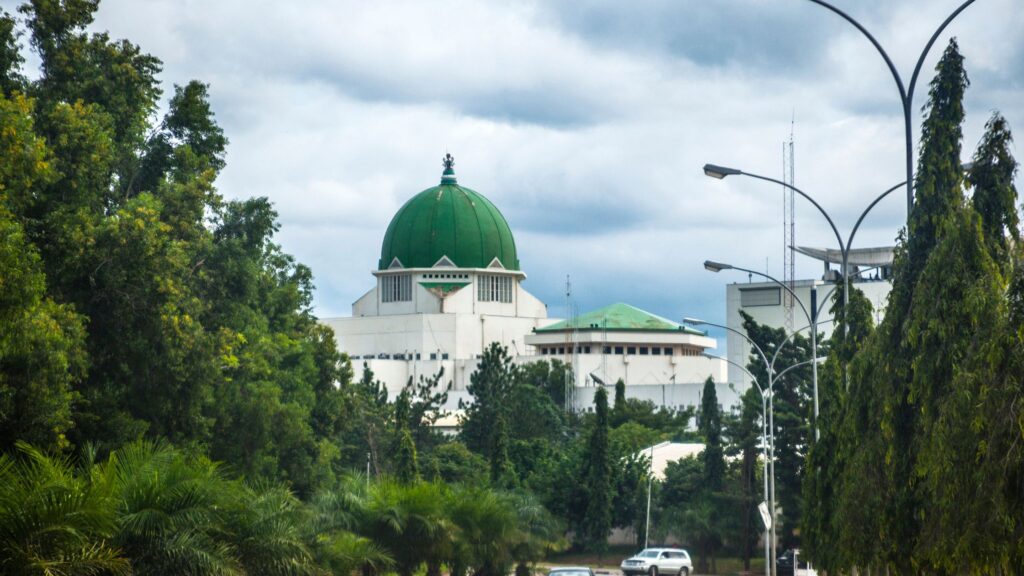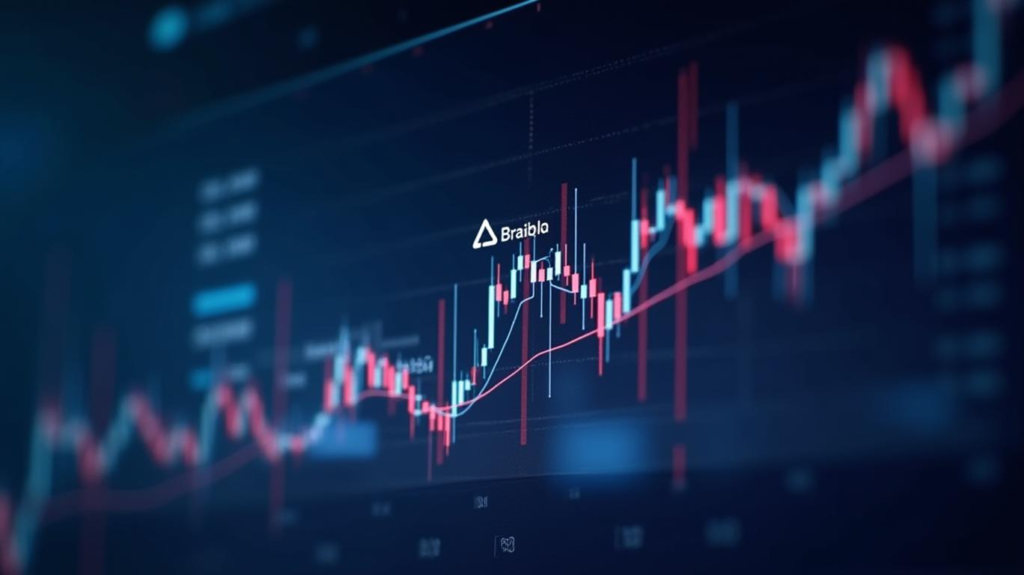In Nigeria, taxes are not paid into a single pot. They often flow through federal, state and local channels, with each managed by a specific authority with its own legal powers. The Nigeria Tax Act, 2025, which consolidates and updates decades of scattered tax laws, now provides a clear structure on who collects what, and under what conditions.

1. The Federal Government – Taxes Managed by the NRS
The National Revenue Service (NRS) replaces the Federal Inland Revenue Service (FIRS). It is Nigeria’s chief tax collector at the federal level. Under the new law, it handles all taxes that relate to corporate profits, cross-border transactions, petroleum operation and national consumption. The following taxes are under its jurisdiction:
a. Company Income Tax (CIT)
This is tax that is paid by incorporated companies on profits derived from doing business in Nigeria. Whether your business operates nationwide or only in one state, if it’s registered with the Corporate Affairs Commission, you pay this to the NRS. The CIT rate is 30% of taxable profits for large companies; 20% for medium-sized firms (₦25–100 million annual turnover); and 0% for small companies (under ₦25 million turnover). The NRS collects them into the Federation Account to be shared among the three tiers of government by constitutional formula: 52.68% Federal, 26.72% States and 20.60% Local Governments
b. Petroleum-Related Taxes
The Act consolidates the Petroleum Profits Tax and Hydrocarbon Tax, both are collected by NRS. These apply to companies engaged in oil and gas exploration and production. The Hydrocarbon Tax ranges between 15% and 30% depending on production area and risk profile (onshore fields pay higher). The Petroleum Profits Tax (PPT), now applies mainly to gas and condensate operations at a 30% flat rate. Also, the NRS collects these two taxes into the Federation Account, from where they will be distributed according to the formula above.
c. Value Added Tax (VAT)
Every sale of goods or services attracts VAT, which is now firmly under the control of the NRS. The Service collects it on behalf of the Federation, and the revenue is shared among the federal, state, and local governments according to the constitutional formula, 5% to Federal Government, 50% to States and 35% to Local Governments.
d. Stamp Duties on Corporate and Inter-State Transactions
Where an instrument (like a contract, deed, or share transfer) involves a corporate body, or crosses state lines, NRS collects the stamp duties. The rate varies by instrument; e.g., 0.75% on share transfers, 0.375% on loan agreements, and flat charges for specific documents. The Federal and States governments share revenues collected on stamp duties as per the Joint Tax Board coordination.
e. Withholding Tax (WHT)
NRS collects WHT on payments made to companies and non-residents for services, dividends, interest, or royalties. For individuals, WHT is handled differently (see below). The rate is generally 10% for dividends, interest, rent, and royalties; 5% for contracts, commissions, and professional services. Both categories ultimately flow to the Federation Account for distribution.
f. Customs and Excise Duties
Though operationally handled by the Nigeria Customs Service, these taxes are federal revenues that are levied on imports, exports and certain manufactured goods. The rates vary by product class; 5%–35% on imports, 10% average for excise duties. They Nigeria Customs Service collects this category of taxes, with revenues going to the Federation Account for standard sharing.
In essence, NRS is responsible for taxes that concern businesses, corporate transactions, cross-border activities, and nationwide consumption. If it involves the federal economy or interstate commerce, it’s likely within NRS’s domain.
2. The State Governments – Personal and Local Enterprise Taxes
The 2025 Act empowers each of Nigeria’s 36 states’ State Internal Revenue Service (SIRS) to collect taxes related to individuals, unincorporated businesses and local property use. In short, the state tax authorities deal with the human side of taxation: individual income, small businesses, property use, and personal transactions. Here’s what the states handle:
a. Personal Income Tax (PIT)
Individual taxpayers including salaried workers, freelancers, or sole proprietors, will pay income tax to the state in which they reside. The state’s revenue service administers this through the Pay-As-You-Earn (PAYE) system for employees, or through direct self-assessment for the self-employed. The rate is graduated from 7% to 24% depending on income band, after deductions and allowances. Revenue collected remains wholly retained by the State that collects it.
b. Business Premises Levy
This is a charge for occupying or using business premises within a state. It applies to traders, artisans and small business operators. The rates range from up to ₦10,000 for urban areas and ₦5,000 for rural areas annually as standardized under the Act (Section 154).
c. Development Levy
Payable by individuals, this levy helps states fund local infrastructure. The 2025 Act standardizes it at just ₦100 per individual across states to prevent multiple rates.
d. Capital Gains Tax (on Individuals)
While the NRS collects capital gains tax for companies, the SIRS collects it for individuals who sell property, shares, or other assets. The rate remains at 10% of chargeable gains (after deducting acquisition and improvement costs).
e. Stamp Duties on Individuals
When an instrument or contract is executed between private persons within a single state, the SIRS, not the NRS, collects the stamp duties.
3. The Local Governments – Community-Level Taxes and Levies
Local governments, though often overlooked, have a vital role in Nigeria’s tax system. They collect minor but essential levies that fund sanitation, markets and grassroots administration. Under the Act, local government area councils are permitted to collect:
- Tenement Rate: Based on annual rental value of property; rates vary by local council but usually 0.1–1%.
- Market and Shop Levies: Fixed daily or weekly charges (₦100–₦500).
- Bicycle/Wheelbarrow Fees: Flat annual or daily tokens (₦50–₦200).
- Signboard/Advertisement Fees: Based on size and location; typically ₦1,000–₦20,000.
- Merriment/Event Fees: ₦500–₦5,000 depending on event type.
- Motor Park Fees: ₦100–₦500 per trip for commercial operators.
- Revenue: All retained at local level and regulated under State guidelines.
Local councils remain the closest tier of taxation to the ordinary citizen, as it focuses on visible services such as waste management, local roads, and health centres.
4. Why the Division Matters
The new law seeks to reduce the long-standing confusion caused by overlapping collection. Before 2025, Nigerians frequently faced multiple demands for the same tax from different agencies. The Act now enforces clear lines of authority:
- Federal: Corporate and nationwide taxes (NRS)
- State: Personal and local business taxes (NRS)
- Local: Community levies and property-based charges
Moreover, Section 200 of the Act introduces a “conflict resolution clause,” which specifies that if two tax authorities dispute jurisdiction, the NRS will coordinate resolution through the Joint Tax Board (JTB) to prevent taxpayers from being penalized twice.
5. A Simplified Way to Think About It
If you want a rule of thumb:
- When you pay tax as a business, it’s to NRS.
- When you pay tax as an individual, it’s to your State Internal Revenue Service.
- When you pay tax as a resident or property owner, it’s to your Local Government Council.












